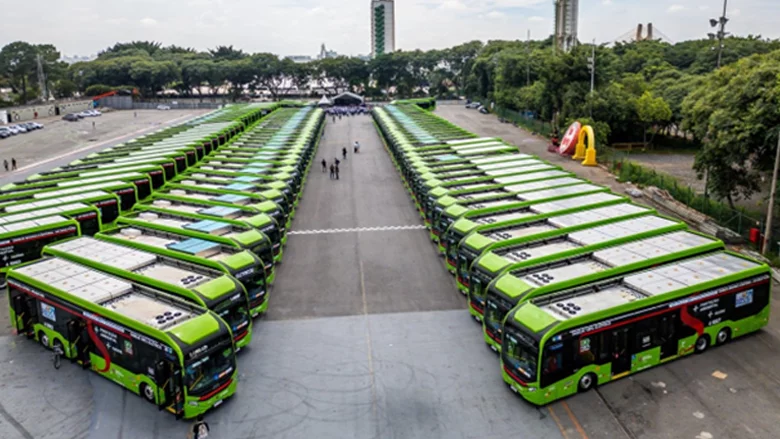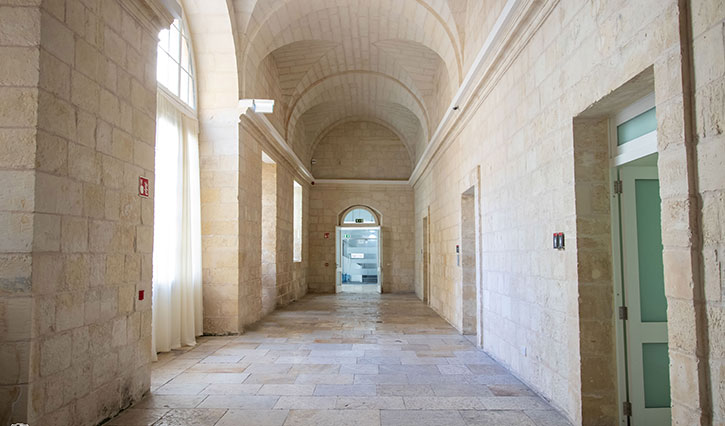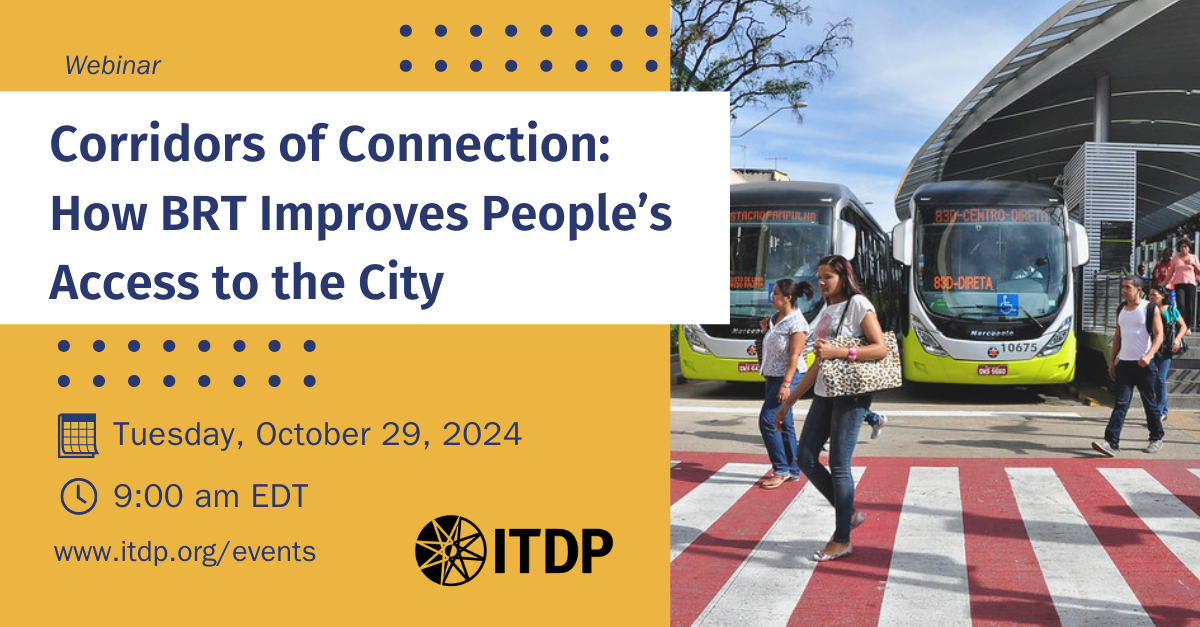The mode choice process, especially in the case of commuter trips, reflects the strong tendency people have to simplify the assessment of their options when confronted with successive wellknown decisions. Thus, it is common to repeat the “habitual” choice over time involving a potentially important inertia element. However, while inertia effects increase the probability of maintaining the same choice in a stable situation, in a changing environment i.e. one that is disrupted by a radical or significant policy intervention, user behaviour may be affected by a specific response to abrupt changes. Shock effects of this kind could increase the probability of individuals leaving their habitual choices.
Temporal effects have been commonly ignored in practical studies, as most demand models to date have been based on cross-sectional data. A few recent studies dealing with panel data have managed to incorporate inertia effects, but there are no studies that have included both inertia and shock effects. To address this, we started by building a data panel around the introduction of a new and radical policy for the conurbation of Santiago de Chile. The final aim was to develop mode choice models incorporating the effects of three main forces involved in the choice process: (1) the relative values of the modal attributes, (2) the inertia effect, and (3) the shock resulting from and abrupt policy intervention. This paper presents the formulation of an inertia-shock model and its application to each of simulated and real data. The results confirm that changing systems should be modelled respecting the presence of both inertia and shock effects, otherwise serious errors in model estimation may arise.




